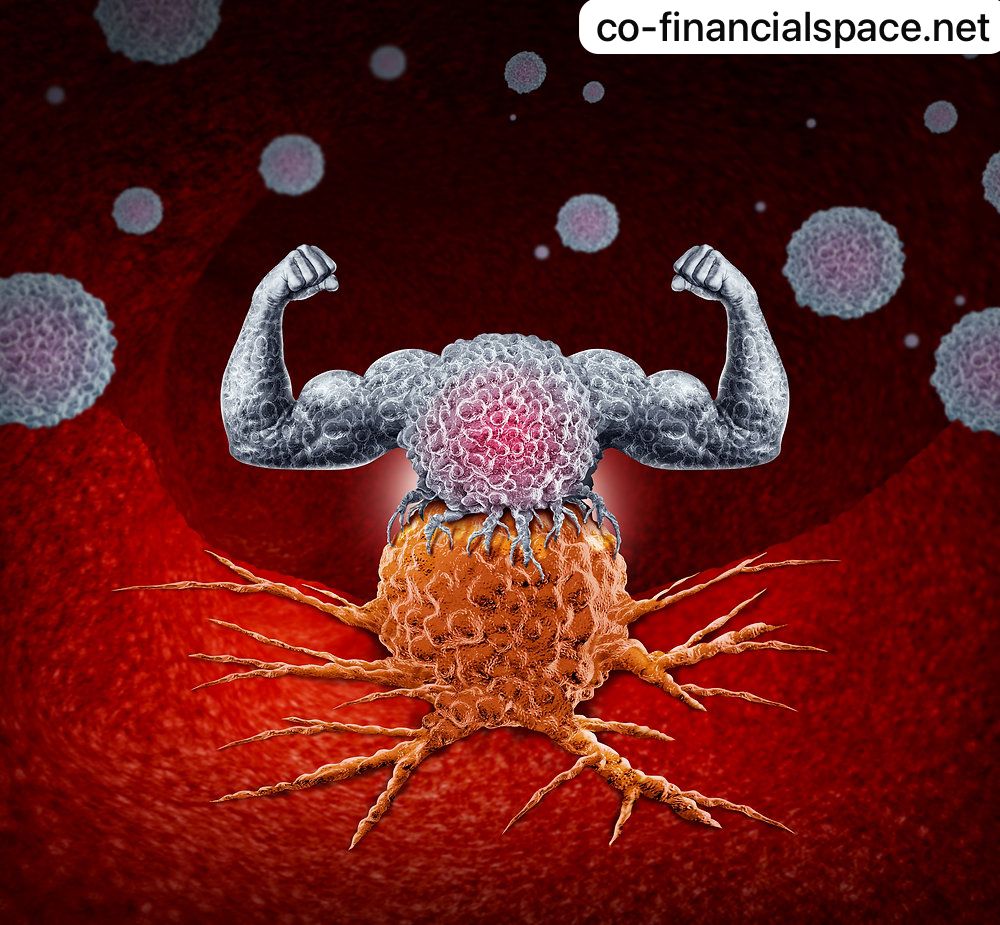
21 août 2025
Immunotherapy has rapidly become one of the most transformative advancements in modern oncology, fundamentally reshaping our understanding of cancer treatment by empowering the body’s own immune system to recognize and eliminate malignant cells, and among the most widely used immunotherapeutic strategies are antibodies targeting the programmed death-1 (PD-1) receptor, which act by lifting inhibitory signals on cytotoxic CD8 T lymphocytes, commonly referred to as “killer” T cells, allowing them to regain their ability to identify and destroy tumor cells.
While this mechanism has been well established through extensive preclinical and clinical studies, revealing why anti-PD1 therapy has demonstrated remarkable efficacy in certain cancers such as melanoma, lung cancer, and renal carcinoma, recent research conducted at the Institut Pasteur by Professor Philippe Bousso and his team has uncovered a previously unrecognized dimension of action that could fundamentally alter how these therapies are administered and understood.
Their findings show that, beyond acting within the tumor microenvironment itself, anti-PD1 antibodies also reach lymph nodes critical immune hubs where naïve T cells are educated and activated which were previously considered largely passive with respect to the direct effects of immunotherapy. Within these lymph nodes, the antibodies preferentially engage follicular helper CD4 T cells, stimulating them to secrete interleukin-4 (IL-4), a cytokine that indirectly but powerfully promotes the proliferation, activation, and differentiation of new CD8 killer T cells, which then exit the lymph nodes and migrate toward the tumor, reinforcing the existing immune response and creating a more robust, multi-layered defense against the malignancy.
This dual mechanism directly reactivating exhausted T cells in the tumor while simultaneously generating a fresh contingent of effector cells from the lymph nodes not only enhances our biological understanding of immune checkpoint therapy but also carries profound clinical implications, particularly in the context of surgical interventions that involve lymph node removal, where the timing of antibody administration may critically influence treatment outcomes. If anti-PD1 therapy is given before surgery, intact lymph nodes could facilitate the generation of a larger army of activated T cells, potentially improving tumor clearance, whereas administration after lymph node excision could significantly reduce efficacy due to the absence of this amplification site.
Furthermore, these discoveries underscore the importance of personalizing immunotherapy, taking into account each patient’s immune landscape, tumor type, prior treatments, and surgical history, and suggest potential avenues for developing next-generation therapies that deliberately target lymph nodes or optimize their function to maximize anti-tumor immunity.
Beyond their immediate clinical relevance, these findings also challenge long-held assumptions about the passive role of lymph nodes in cancer immunotherapy, opening new research directions to investigate how other immune organs, such as the spleen and bone marrow, may similarly contribute to therapy effectiveness.
By illuminating this previously hidden mechanism, the Institut Pasteur study provides a more complete picture of how anti-PD1 antibodies mobilize the immune system, offering hope for the design of more powerful, durable, and precise treatments that could extend survival and improve quality of life for patients worldwide, and representing a major step forward in the ongoing effort to fully harness the body’s immune defenses against cancer.